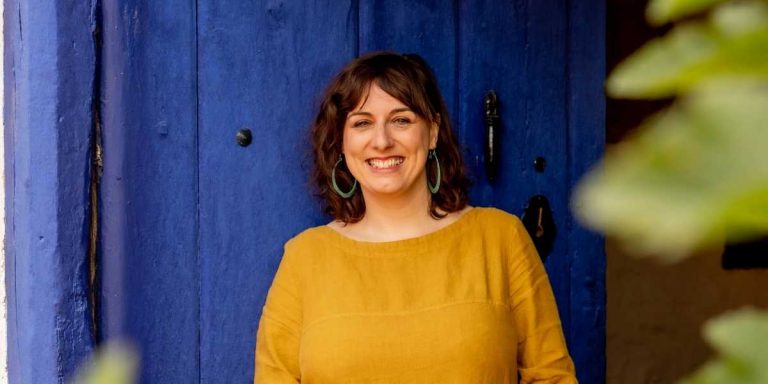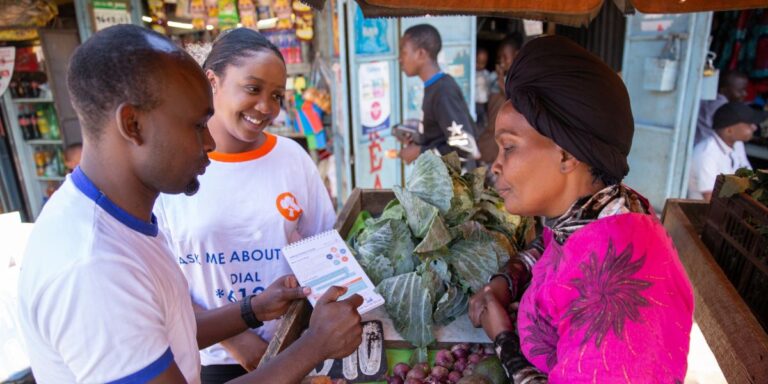Preparing And Caring For Staff Who Travel
The pandemic has not only changed how people travel, it’s changed how people feel about travel too. In a recent webinar, three of our staff care experts shared up-to-date guidance for organisations who want to take good psychosocial care of any staff who travel. Here are 10 takeaways.
Words are important in this conversation. We use the word ‘psychosocial’ and not ‘psychological’. That’s because we are all social beings, constantly interacting with the people and planet around us. We are not isolated, floating through space. How will a person deal with the different situations and people they encounter when they travel? This is a psychosocial question.
Pre-travel support matters on a person’s first trip, and their fiftieth. Time and again people tell us how much they appreciate seeing one of our team before they travel for work. They value the care given, they learn self-awareness, and they develop practical ways to look after themselves. The employer learns how to take better care of their team too.
Sometimes simple things can help a person stay resilient when working in a difficult place. It’s not all rocket science. A client recently got in touch to say: “I’m so glad you suggested I take my yoga mat to Ukraine!”.
The stigma of accessing psychosocial support is declining, but there’s still a way to go. Often people worry what their employer will think if they access counselling through their work. We’ve noticed that sometimes people seem more comfortable accessing, for example, our Resilience Check-Ins. It’s a similar service, at the same price, but with a different name.
Travelling to a new environment can present challenges you might not have considered. For example, sometimes mood-altering medication taken for a mental health condition that’s legal in a person’s own country, is illegal in the country to which they travel. This is the kind of thing our Travel Clinic can advise on.
Preparation and planning are crucial, both for the individual and the organisation. We can help a person create a self-care plan: what they should continue to do, what they should start to do, what they should stop doing. And we can help the organisation develop a plan too: to offer counselling sessions, to monitor staff, to develop their staff care culture.
The best predictor of future behaviour is past behaviour. Our Psychosocial Assessments enable us to go in depth with a person before they travel. From this we produce a report to support and guide both the individual and the organisation. Personality assessments can play a role in recruiting people to travel to places of conflict too. Watch this video to see how and why.
A chance to reflect after a trip is important. What was the hardest part? What did you enjoy? How have you changed? Did you have to develop any coping strategies? These are all questions that we ask someone in a Psychosocial Debrief one to two weeks after they return home. Whether they plan to settle ‘back home’ or rest in between deployments, this can help them reflect, take stock, and make good decisions about what’s next.
People are becoming more engaged in their own self-care. Over the four and a half years we’ve provided pre-travel psychosocial support, this is an unmistakable trend. People are becoming more open, more self reflective and more keen to understand self-care. It’s a three-way partnership, between Thrive, the individual and the employer. All this is good.
The pandemic has led to a trend of localisation. An organisation is more likely to ask ‘can this work be done by people locally?’. But there are still a huge number of people who want to travel. In fact, many are thrilled at the prospect. We’ve seen many people in recent months who are energised, and feel privileged, to be responding to the war in Ukraine.
Wonder what service is right for you or a member of your team? Get in touch with us by phone or email and we can chat.










